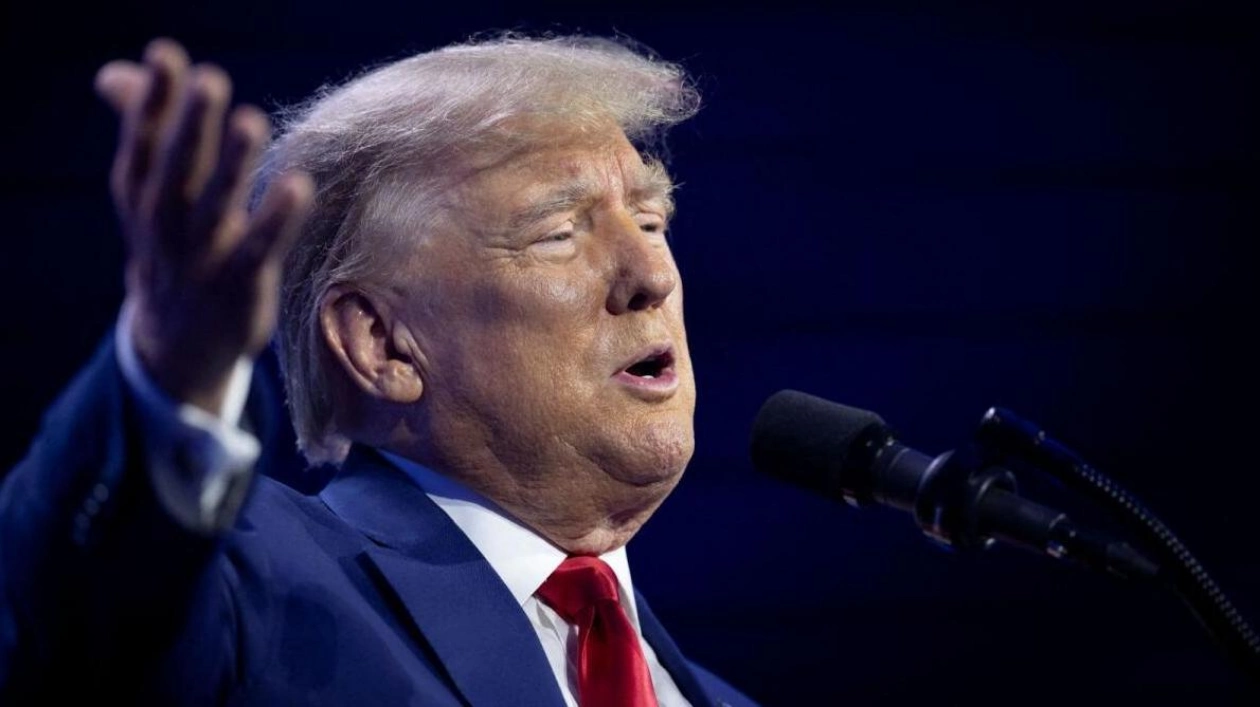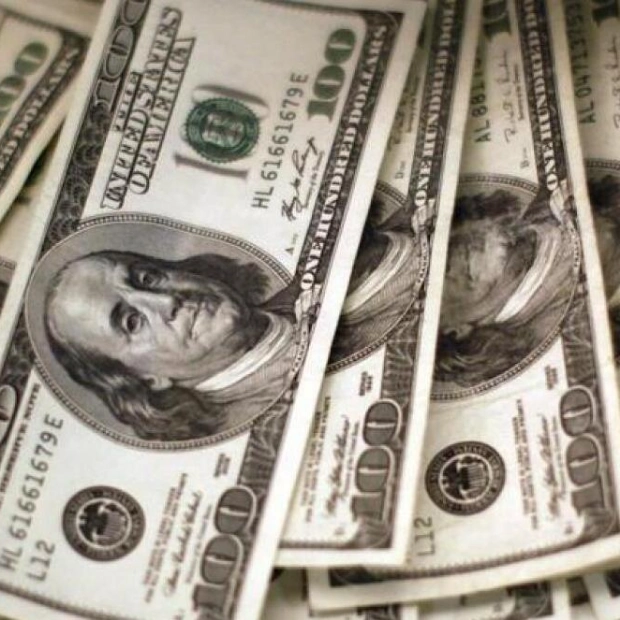Donald Trump, the first former US president to be convicted of a crime, will remain at liberty while awaiting sentencing for falsifying business records to conceal a hush money payment to a porn star. Here's a look at what’s next for the Republican candidate against President Joe Biden in the upcoming November 5 election.
What happens now? The judge, Juan Merchan, must first approve the verdict and enter a final judgment, typically a formality. In New York, criminal defendants are generally sentenced within several weeks of conviction, but post-verdict legal disputes can cause delays of months. During this period, lawyers and prosecutors will propose sentences and then debate them at Trump’s sentencing hearing, where Merchan will make a decision.
Will Trump go to prison? Unlikely. The maximum sentence for his crime is 1-1/3 to four years in prison. It is rare for individuals with no criminal history convicted solely of falsification of business records to be imprisoned in New York. Fines or probation are more common. If imprisoned, the duration is usually a year or less, and in most cases, they were convicted of other crimes unlike Trump. If penalized beyond a fine, Trump could be placed under home confinement or subject to a curfew. Considering his status as a former president and the complexities of ensuring his safety in prison, he might also be released on bail while appealing the conviction.
Can Trump appeal the conviction? Yes. He is likely to make arguments that were previously rejected by Merchan, including the claim that the indictment is legally flawed and politically motivated. The defense is expected to argue that the charges were legally improper, as falsifying business records alone is a misdemeanor in New York and becomes a felony when used to facilitate or conceal another crime. However, Trump's lawyers have contended that state law does not apply to federal elections.
Could Trump still be president? Yes, as the US Constitution only requires presidents to be at least 35 years old, natural-born US citizens, and long-term residents. In theory, he could take office from jail or prison on Inauguration Day, January 20, 2025, if he were to defeat Biden.






